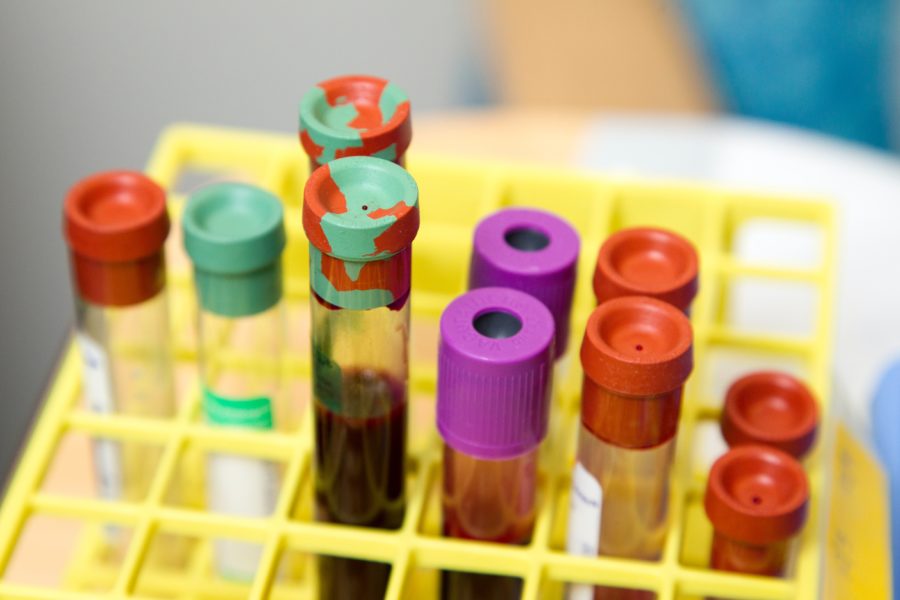In addition to uncovering surprises in ancestral lineage, biotech services are now using DNA tests to develop personalized nutrition plans to help individuals reach optimum health, based on their genetic makeup.
And while popular genealogy firms Ancestry.com and 23andMe are already capitalizing on new DNA technologies that help individuals discover where they came from, a new wave of biotechnology companies are claiming they can help people get to where they should be physically.
That is, leverage microbial and blood testing and artificial intelligence solutions to help optimize diet and extend quality of life and lifespan.
Not Your Typical Diet Advice
Viome, for example, identifies and quantifies every strain and species in a person’s gut and determines what nutrients and toxins are produced.
Then, results are run through an advanced artificial intelligence engine to arrive at personalized food recommendations designed to increase microbial species associated with overall wellness; minimize microbial species associated with poor health; create the ideal ratio of proteins, carbohydrates, and fats; identify foods that are most compatible with an individual’s metabolism; and help them achieve and maintain a healthy weight.
Viome also measures things like overall mitochondrial health, overall cellular health, stress response, biological age, and immune system health. Then their AI engine analyzes scores, runs them against the Viome database, and notes which foods are an individual’s superfoods, which foods should be avoided, and which supplements should be taken.
Viome says their recommendations can improve mental clarity, immunity, mood, weight, sleep, energy levels, and digestive wellness.
Day Two is another company offering personalized nutrition and actionable insights by studying individual biometrics and lifestyle. The Day Two program is based on a five-year research study conducted by Prof. Eran Segal and Prof. Eran Elinav from the Weizmann Institute of Science in Israel.
Diet Testing, Consumer Behavior and the Prospects for Growth
While DNA testing firms have gained venture capital funding as well as traction in the market, the jury is still out on how significantly these tests will affect consumer behavior. That is, a good deal of patients regularly shun the advice of physicians urging them to change their diets and lifestyle. What’s to say the health recommendations from an outside vendor would be processed any differently than those coming from a health care provider?
At the same time, there are considerable numbers of health-conscious consumers looking to improve diet and lifestyle who would likely be interested in getting tested. And based on the popularity of Ancetstry.com and 23andMe, it’s likely that demand for these services could grow. Another growth driver for these firms could be product lines or services that consumers are directed to on biotech companies’ websites after receiving test results.












